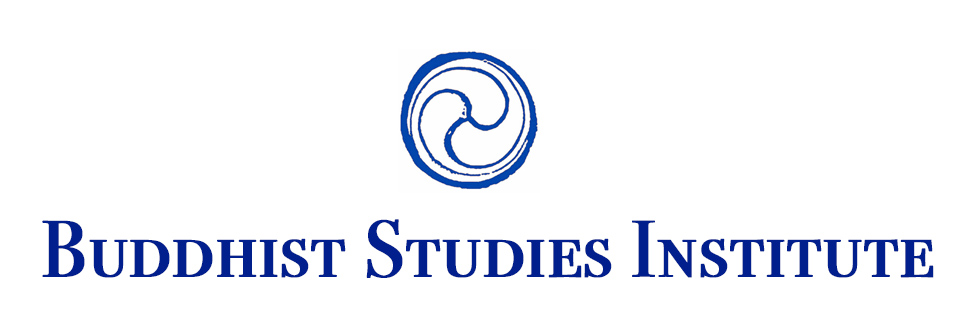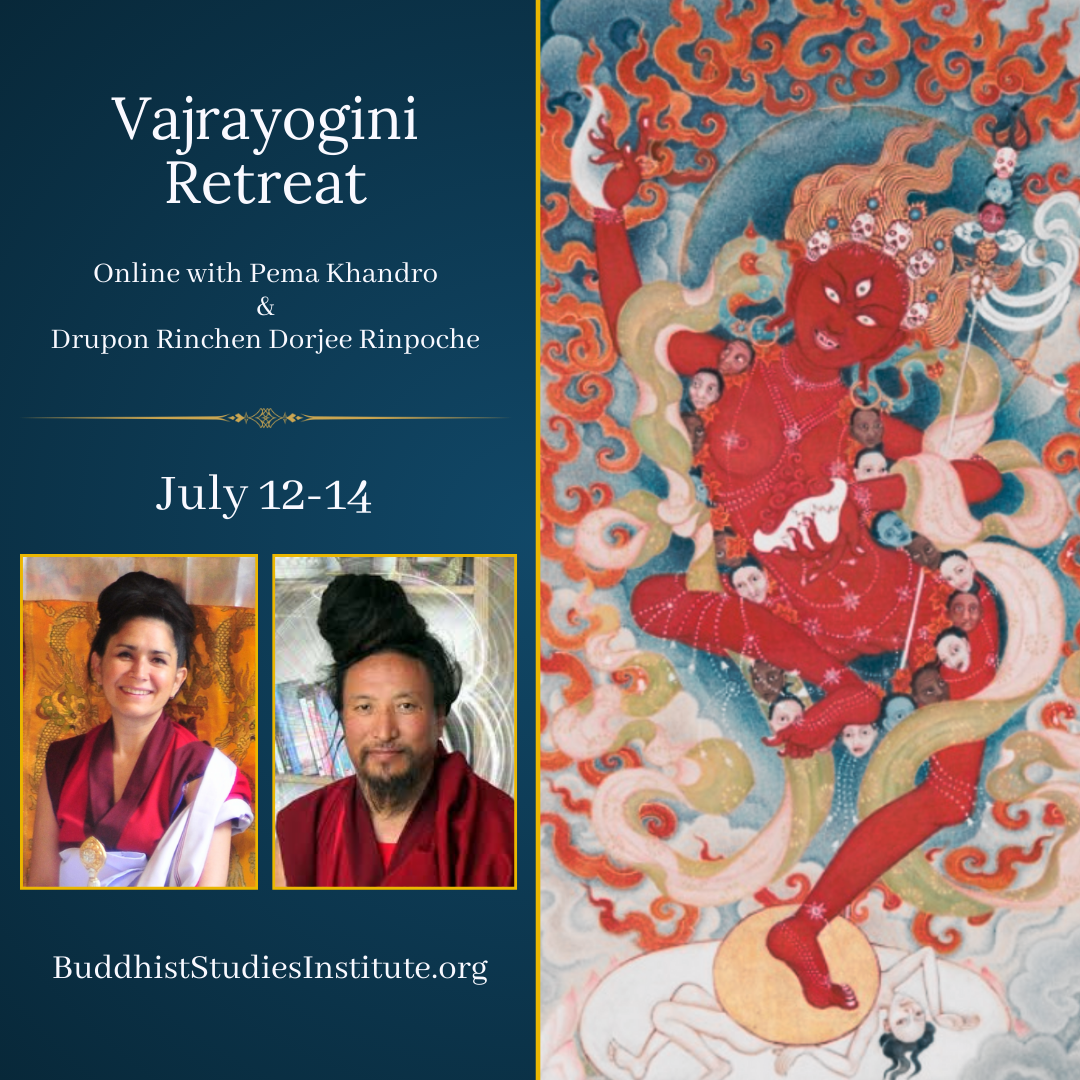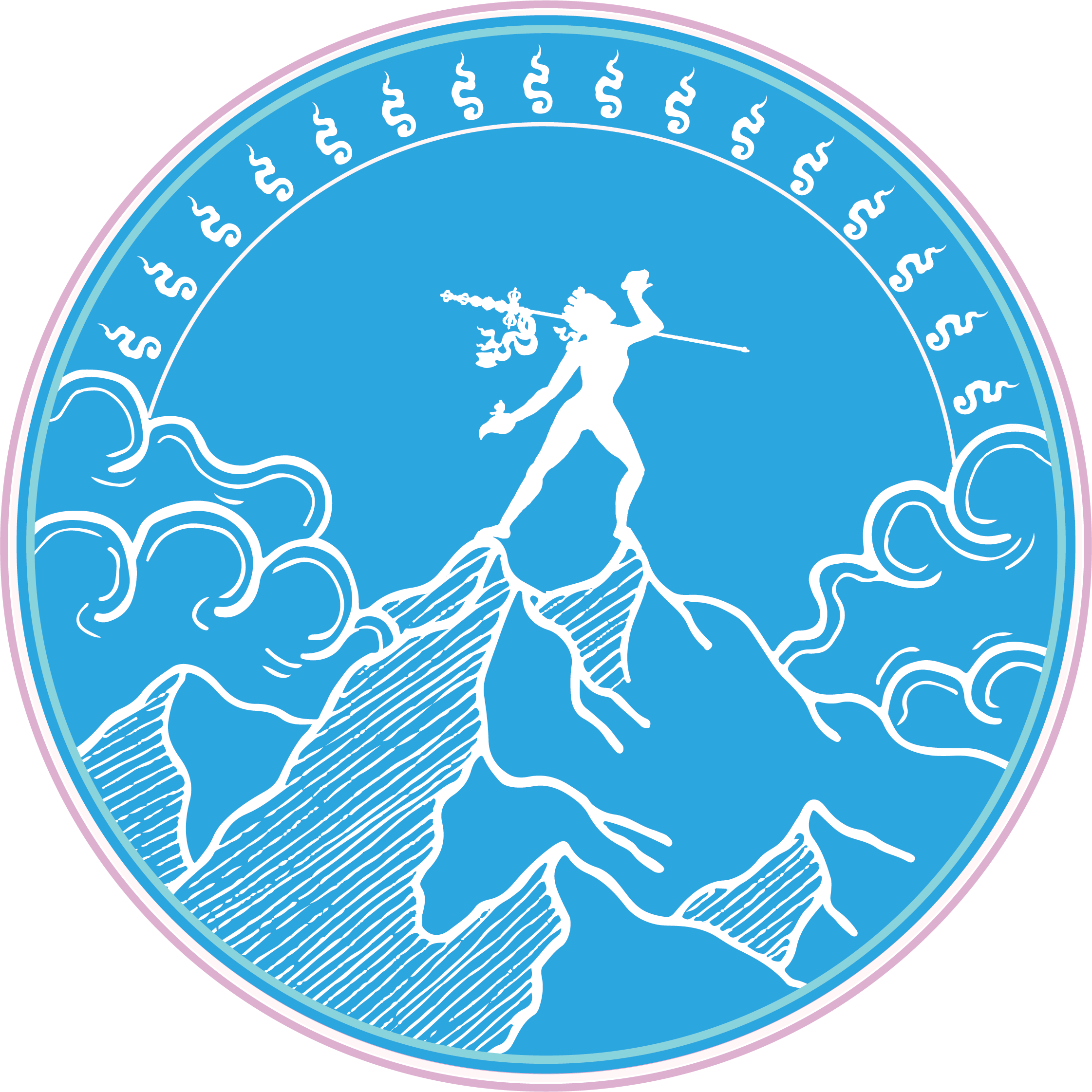Rescheduled to July 12-14
Join us for this special event, the Vajrayogini Empowerment, an initiation into the inner tantra practice of generation stage meditation.
Vajrayogini is the female buddha embodying radical presence. To practice Vajrayogini meditation is to cut through to innermost wisdom and innate clarity.
This special weekend will feature three days of instructions, empowerment and meditations of Vajrayogini. It will be led by Drupon Rinchen Dorjee Rinpoche who will give the empowerment and Tulku Pema Khandro, Ph.D, who will give the explanation and instructions.
A Wealth of Methods
The Vajrayogini Meditations taught in this retreat include
1) The meditation of the Dzogchen Nyingthig Dakini’s Heart Essence (the mkha’ ‘gro snying thig) cycle known as Calling the 100,000 Dakinis
2) The Drukpa Kagyu concise generation stage Vajrayogini practice empowerment
3) The Drukpa Kagyu concise generation stage Vajrayogini practice instructions and practice
What is Vajrayogini Meditation?
The Vajrayogini meditations are skillful methods from Vajrayana Buddhism, also known as Tibetan Buddhism. Vajrayogini meditation is practiced by all the schools of Tibetan Buddhism, because it is considered a key to esoteric contemplative experience. To practice Vajrayogini meditation, an empowerment is required, which will be generously offered by Drupon Rinchen Dorjee Rinpoche. An empowerment is an initiation into a practice and confers the blessing and power of the lineage that activates the highest potential of the practice.
Rescheduled to July 12-14, 2024
About Vajrayogini Meditation
“Vajrayogini meditation demonstrates that emptiness is not a nihilistic void but a vivid and visceral open presence. It is a body, speech and mind meditation of generating one’s own field of experience within the dimension of Vajrayogini’s body and mind. Vajrayogini meditation is the domain through which innate wisdom is disinhibited. Every element of her appearance invokes a way of being that is the indestructible vehicle. Her left leg is straight and her right leg is bent in warrior posture, demonstrating her relentless ability to show up to present moment with fierce compassion. She is dancing with an aura of flames, an apocalyptic fire that transforms everything into bodhichitta, the altruistic enlightened intent. She holds a hook knife, demonstrating her ability to separate delusion from wisdom…”
About the Teachers
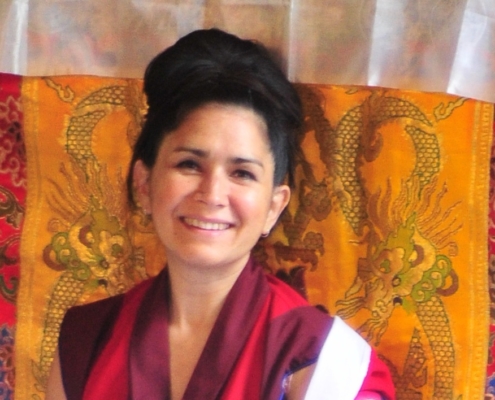
Pema Khandro, PhD
Pema Khandro is an internationally renowned teacher and scholar of Buddhist philosophy. She is the founder of Ngakpa International and its three projects, The Buddhist Studies Institute, Dakini Mountain and the Yogic Medicine Institute. In her work as a Buddhist teacher she is an authorized Lama and lineage holder of the Nyingma and Kagyu traditions and was enthroned to carry on the lineage of her predecessor, the first Pema Khandro, an early twentieth century yogini from Eastern Tibet. She has led a vibrant world-wide community since 1999. Through the Buddhist Studies Institute, she also offers a complete curriculum of training in Tibetan meditation and Buddhist Philosophy. She has a bachelor’s degree in Sociology, a Master’s degree specializing in Tibetan studies, and a Ph.D. in Buddhist Studies from the University of Virginia. Her scholarly research focuses on the history of Dzogchen and on Women in Tibetan Buddhism.
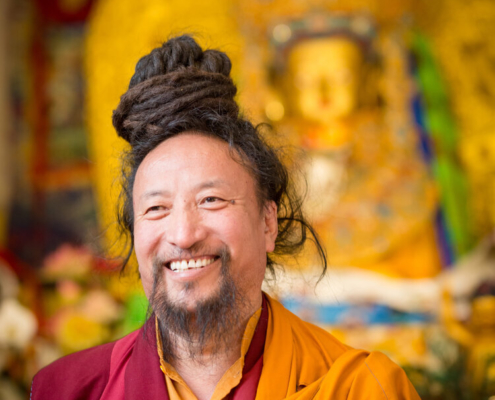
Drupon Rinchen Dorjee Rinpoche
Drupon Rinpoche received teachings on the Fivefold Path of Mahamudra and Kunsang Lama’s Words of Profound Instruction, Dzogchen’s Great Completion Parting from Samsara and Nirvana, Pointing Out the Nature of Mind, and other teachings from Tulku Nyendrak Gyaltsen Rinpoche. Rinpoche has also received Chakrasamvara according to Drilbupa, including the empowerment, scriptural transmission, and pith instructions from Tulku Thogme Rinpoche.
Drupon Rinchen Dorjee joined the Drikung Kagyu Institute in 1993, and has received instruction in philosophy, Gongchig, Theckchen Tenying, Dhagpo Thargyan, and Uttaratantra from Khenchen Konchog Gyaltsen and other profound teachers of the Lineage. In 1995 Drupon received full ordination vows from His Holiness Drikung Kyabgon Chetsang Rinpoche, and in the same year accomplished the ngondro practices to mahamudra and the grand mantra recitation of Chakrasamvara. In 1996, he received initiation into the Profound Path of the Six Yogas of Naropa. Drupon Rinchen Dorjee Rinpoche has completed two (2) three-year retreat courses, one at Almora and one at Labchi, the holy retreat place of the great yogi, Milarepa. He has received profound instructions too numerous to mention during these retreats. In 2005, he received the five-deities Hevajra according to Marpa’s tradition of empowerment, transmission and instructions from His Holiness the Drikung Kyabgon Chetsang Rinpoche, and in 2006 he completed the grand mantra recitation of glorious Hevajra’s fire puja at the Almora retreat center.
Extra Information
Vajrayogini is regarded as the essence of all buddhas, venerated by every sect of Tibetan Buddhism and venerated by Buddhists (and Hindus) all over the world. Vajrayogini is the symbol of the freedom and power of intrinsic wisdom and the enlightened feminine wisdom that severs suffering at its root. Vajrayogini is the female buddha who takes make forms, as a dancing Dakini, as a fierce warrior, as joyous, as wrathful, as compassionate mother, single or in embrace with consort. She is the symbol of the vibrant intrinsic power of altruistic love and radical clarity.
Vajrayogini practice is said to be ideal for those with strong passionate natures, as she represents the transformation of ordinary desire into joyous, altruistic enlightened intent. In the path of Buddhist tantra, rather than renouncing the mental afflictions, one harnesses, transforms and liberates them into the innate wisdom qualities. For Vajrayogini this focuses on the transformation of ordinary grasping and clinging, to supreme, altruistic love.
The Vajrayogini meditation is a generation stage meditation of Buddhist Tantra. It is the central method of Tibetan tantra. It centers on the transformation of our identity and a re-inhabiting of embodied experience in the energy of the yidam – the meditational deity. It is a practice used to liberate the mind from the confines of its habitual reference points.This is a profound method of meditation based on the Vajrayana view of the mind, that our identity may be open and aesthetically charged with the energies of the five wisdoms.
Generation stage meditations are closely kept secret practices passed through ritual initiations, known as empowerments. The empowerment provides an introduction to the practice, permission to practice, as well as the direct introduction with the energy of the yidam. Practices will be led online by the teachers as well as practiced online as a group for the ritual practices and meditations. There will also be a break for community tea time and yoga led by group leaders at the Buddhist Studies Institute.
To support your practice, at the end of each day there will be time for questions and answers with Pema Khandro.
Prerequisites
This event is open to the public. In order to practice the generation stage Vajrayogini meditation, Drupon Rinpoche requires that one must have completed the ngondro, or preliminary practices, of Vajrayana first. One may, however, receive the empowerment and teachings before completing ngondro to receive the blessing and prepare for later practice and to build a strong dharma connection with Vajrayogini. To do the practice in an ongoing way to accumulate the mantra, one has to have completed ngondro first. However, the Vajrayogini meditation given on the first day, Calling the 100,000 Dakinis, may be engaged regardless of having completed ngondro or not.
If you have not yet completed ngondro and would like to, you can read more about Ngondro Training with Pema Khandro and The Buddhist Studies Institute here: NGONDRO TRAINING
Tuition
Advanced Enrollment Discount until April 18th: $225
General Admission: $360
Members Apply Discount at Checkout. For more information about Membership, go to https://buddhiststudiesinstitute.org/membership/
Financial Aid Considerations All course costs are set at a minimum fee already, with financial aid built into all tuition rates. Because we are a non-profit organization, the costs of all activities and overhead of our organization must be covered by the participants of the courses or donations and all courses are offered at below cost. For those who are experiencing genuine financial hardship and wish to enroll in the course, Scholarship applications are available. Applications must be received in advance. Programs are always free for monastics.
Financial Aid Application: https://forms.gle/xwYaTamt2autMLKa9
Monastic Scholarship Application: https://forms.gle/yudBajX8wXXXsB2FA
Notes about Online Teaching
Disclaimer: Note from Pema Khandro About Online Teachings
“Online retreats and teachings are a contested issue in Tibetan Buddhism when it comes to Vajrayana. Some people are staunchly against it, others favor it. This event is co-sponsored by the Buddhist Studies Institute, our project which is founded on the idea that online technology can transform the way that Buddhist teachings are offered to make them more accessible. This theory has been proved through ample evidence of our courses which have a diverse student body reflecting diverse racial, ethnic, social, economic, gender and gender orientations. Bodies that are differently abled have attended online programs when in-person events would be too difficult. Single mothers who are not able to leave their child alone for a weekend have attended. Participants in ten countries have attended, making connections across cultures. Therefore, the accessibility and potential of online programs has been demonstrated to make a positive impact.
I believe that the point of Buddhist teachings is to reduce suffering and promote peace and technology is a beautiful way to do that. The Buddha himself said that he would teach Buddhism in the language of every type of being. Technology is a new language, through which Buddhist training is being interpreted.
At the heart of the debate about online programs is the fascinating question of what makes ‘transmission’ possible. In Tibet, India and Nepal, I have attended many empowerments where thousands of people received the ‘transmission’ even though many hundreds were not even in the building. Due to oversized crowds, they sit outside and sometimes watch on screens. Yet these empowerments are considered to be authentic empowerments due to the intention and connection. How is this different from or the same as watching on screen from home while a program is broadcast live??? Out of great caution and respect I have primarily reserved the online programs for our weekly Wednesday night Buddhist philosophy study classes, since this question of what constitutes transmission is such a serious and profound one. However there are certain urgent occasions, when so many other Lamas are giving empowerments online that I have judged it suitable to host an online empowerment by a guest Lama or give a reading transmission.
I reject an overly reductionist assessment of the issue in binary terms and instead simultaneously respect both beliefs as true: that Vajrayana should be taught online and that it should not be taught online, according to the particular teacher, lineage and circumstances of the students. This school will respect diversity in ways of expressing dharma, each approach will have their place. In Vajrayana Bodhichitta is the most important matter and an extension of authentic bodhichitta will be to respect the diverse approaches of others without casting shade.
Furthermore, I take comfort that all the teachings given in this program have, in recent times, been taught online by other important Lamas and teachers. I salute their bravery in paving the way and follow their example. I follow sentiments such as those by Garchen Rinpoche and Khenchen Tsultrim Lodro Rinpoche who have said that if the student has bodhichitta or a connection with the teacher then it can be just as powerful as in person. May Buddhism be an accessible resource to relieve suffering in all times to come and in all formats possible.”
– Pema Khandro
